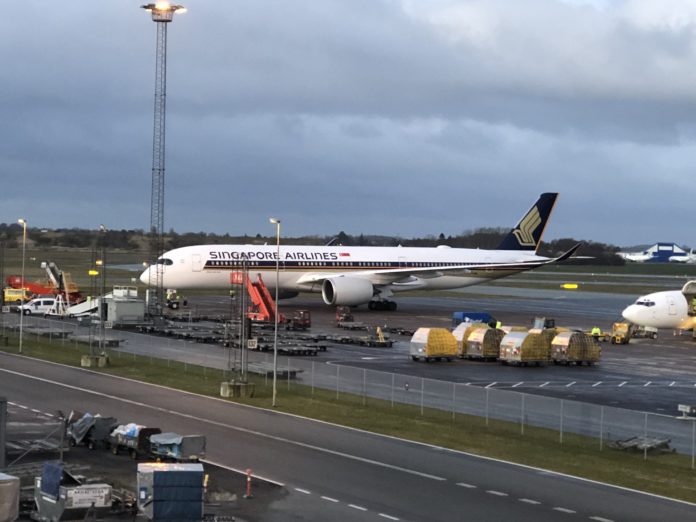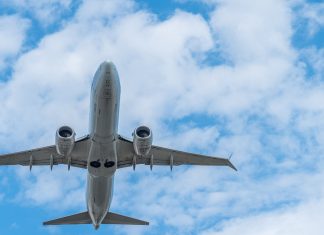Stockholm, Sweden, a top five eco-friendly destination, is home to environmental champion Greta Thunberg and Swedavia AB, the national airport operator that achieved Net Zero emissions at all 10 of her airports late last year in a world first.
From back-up airport generators to a fleet of 800 vehicles, all elements of Swedavia’s network of 10 airports are now powered by renewable energy, eliminating 8,000 tons of fossil carbon dioxide a year from a decade ago when changes began.
Spearheading the strategy transition to Net Zero is Lena Wennberg, Sustainability and Environmental Manager at Swedavia AB. Lena specialises in strategy and the environment and has been working as an Environmental Manager for Swedavia AB since 2010.
“I think we have proved to passengers and our peer airports that it is possible for the aviation industry to transform to a more sustainable business, starting with airports we operate and then turning our efforts to airlines,” she begins.
“We pay 50% of the premium cost when airlines use sustainable aviation jet fuels tanked at Swedavia airports, and favour environmentally friendly cars through permits ruling out fossil-powered vehicles from use in operations on the ground. For the past 10 years we have also continued to promote our environmentally friendly taxi service from Stockholm-Arlanda Airport that favours bio-gas or electric taxis that has contributed to Stockholm being one of the most environmentally friendly cities in Europe,” says Lena. “This is just a starting point to incentivise sustainable aviation in the future. We have an overall objective in Sweden that domestic flights should be fossil free by 2030 and all flights in Sweden should be fossil free by 2045,” she adds.
Lena explains that Swedavia supports this goal through a sustainable aviation fuel (SAF) procurement scheme whereby Swedavia invites other companies and public bodies to a joint annual procurement, in order for all participants to offset their corporate travel carbon footprint by buying SAF. Swedavia’s scheme also aims at promoting a large-scale SAF production for the long term in Sweden.
Lena insists that transition benefits to airports and associated airport businesses in the long term would outweigh any higher costs in the immediate future. “New fossil free cars or fuels may be more expensive, but in the long run they are more efficient and require less maintenance. I think the passengers accept that we should have these extra costs in the short term to enable our fossil free operations, and I think also that our airlines accept it for the benefit of the future,” she says.
Pioneers of Net Zero in Europe and worldwide, Swedavia acts as a model for European airports to follow and as a member of ACI EUROPE is part of its efforts, through strategic partnerships and information sharing, to help other airports deliver on their Net Zero commitments.
“ACI EUROPE does excellent work in explaining airports situations to decision makers in the EU, and we get lots of information from them as members on when to react,” says Lena. “I think ACI EUROPE does good work on sharing environmental information on airports, explaining to the passengers and other stakeholders that we as members are doing lots of good things to fight climate change,” she adds.
“The Paris Agreement and the EU Green Deal put the 2050 Net Zero objective front and centre for all businesses alike. They are very important beacons to us and we look forward to working on them with the help of ACI EUROPE in the future,” she concludes.
(Airport Business)























